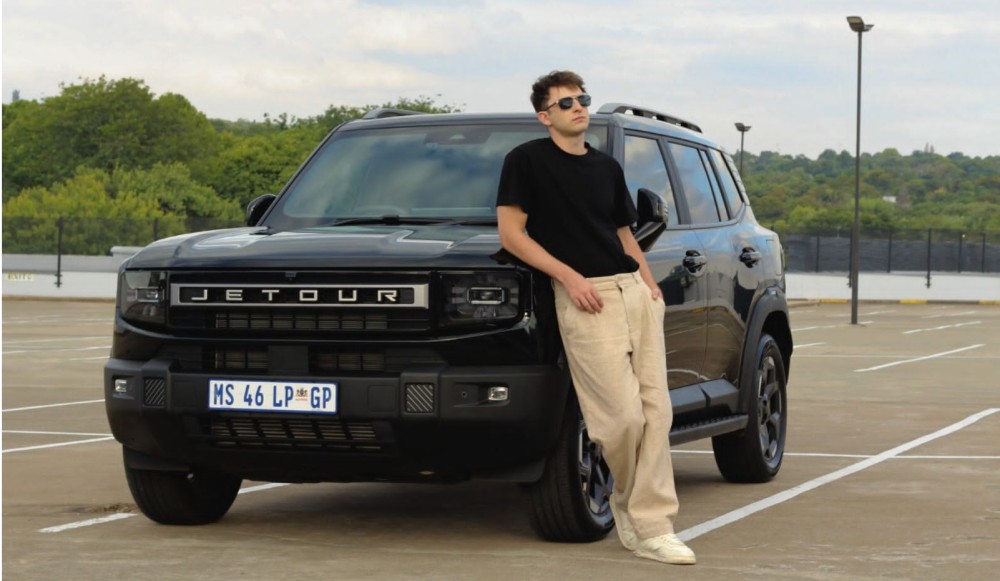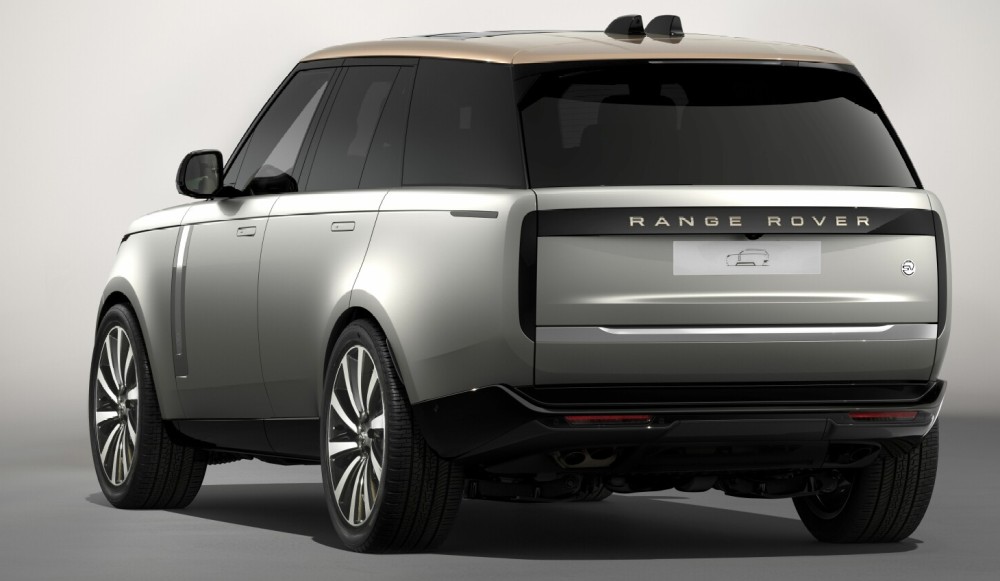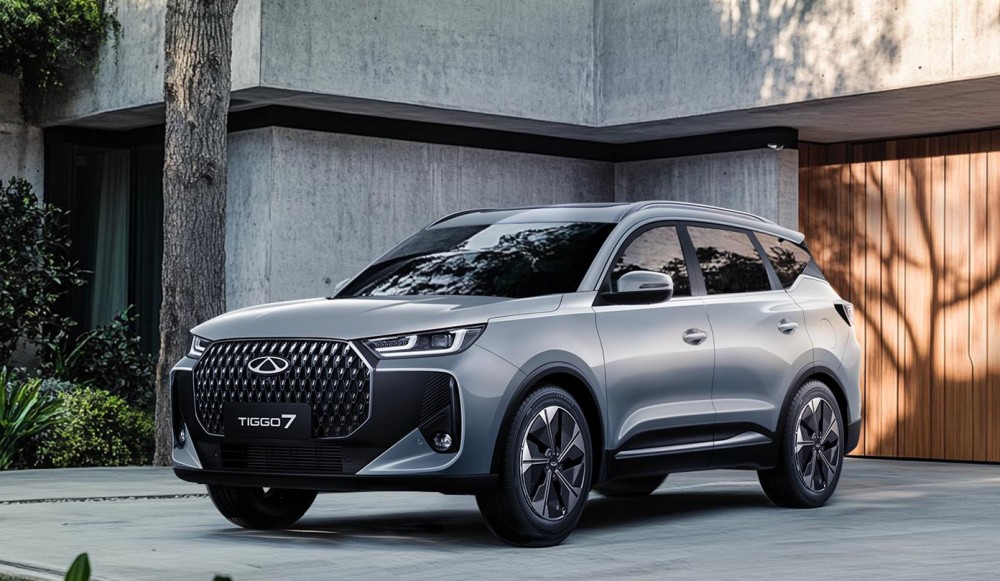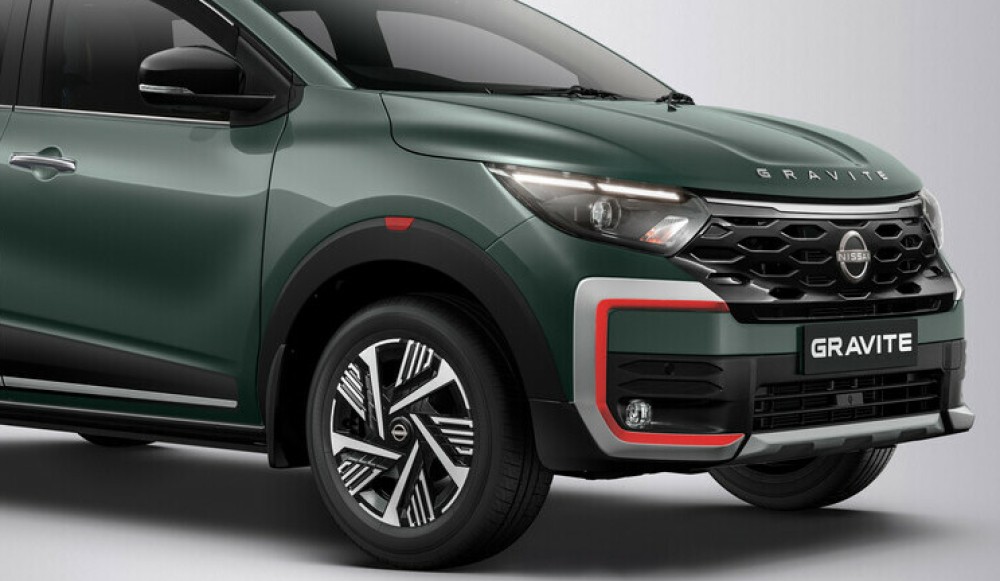Given the latest monster fuel price hikes, the likelihood these will not be the last and the spectre of possible additional rate hikes, South African consumers’ wallets are rapidly becoming hideouts for moths – but, it is possible to eke out your fuel allocation a little further by following some simple guidelines.
Driving economically does not have to become a painful process of creeping along at a snail’s pace – just changing a few things:
- Maintain Your Vehicle
Proper vehicle maintenance is the first step to achieving fuel efficiency. Regularly check and maintain your car's engine, tyres, brakes, and other essential components. A well-tuned engine, correctly inflated tyres, and clean air filters can significantly improve your car's fuel economy.
- Drive Smoothly
Aggressive driving habits, such as rapid acceleration and abrupt braking, can waste fuel. Instead, focus on smooth and gradual acceleration and deceleration. Use your car's momentum to your advantage, and anticipate stops or slowdowns to avoid unnecessary braking. Try and move up to a higher gear as quickly as possible and many modern manual cars have ‘shift’ indicators on the dashboard display. Automatics do this, well, automatically unless you keep your right foot buried.
 3.Stick to the Speed Limit
3.Stick to the Speed Limit
Driving at high speeds can lead to increased wind resistance and fuel consumption. Stick to the posted speed limits, especially on highways, where the optimal speed for fuel efficiency is often around 100 km/h.
- Reduce Idling
Idling consumes fuel without moving your vehicle an inch. Turn off your engine if you anticipate being stationary for more than a minute, such as when waiting for a train or at a long traffic light. Obviously automatic Stop/Start is a feature on many cars today – so do not turn it off.
- Use Cruise Control
Cruise control helps maintain a constant speed, which can improve fuel efficiency on long journeys. It reduces the need for constant acceleration and deceleration, resulting in less fuel consumption. Strange, but true.
- Plan Your Trips
Combine errands and plan your trips efficiently to reduce the number of short, stop-and-start journeys. Cold starts consume more fuel than warm ones, so consolidating trips can make a significant difference.

- Lighten the Load
Remove unnecessary items from your vehicle, as carrying excess weight can decrease fuel efficiency. Additionally, remove roof racks or cargo carriers when not in use, as they increase aerodynamic drag.
- Properly Inflate Your Tyres
Under-inflated tyres can reduce fuel efficiency and increase tyre wear. Check your tyre pressure regularly and keep them inflated to the manufacturer's recommended levels.
- Use the Right Fuel
Consult your vehicle's owner's manual to determine the recommended fuel type. Using the correct fuel can optimise your engine's performance and fuel efficiency.
- Embrace Modern Technology
Many modern vehicles come equipped with fuel-saving technologies such as hybrid drivetrains or start-stop systems. If you're in the market for a new car, consider these options to reduce your fuel use.
Colin Windell - proudly ALL THINGS MOTORING








